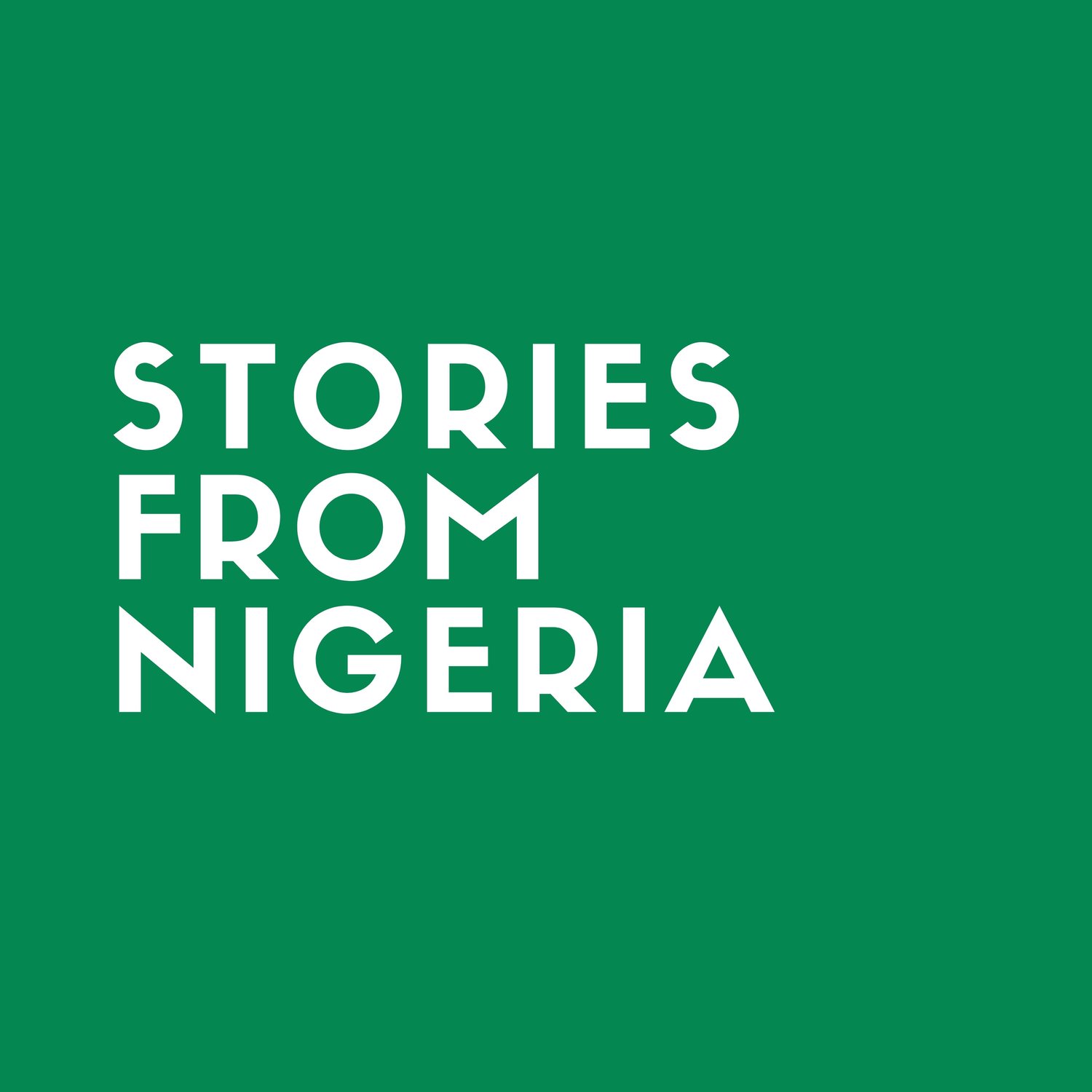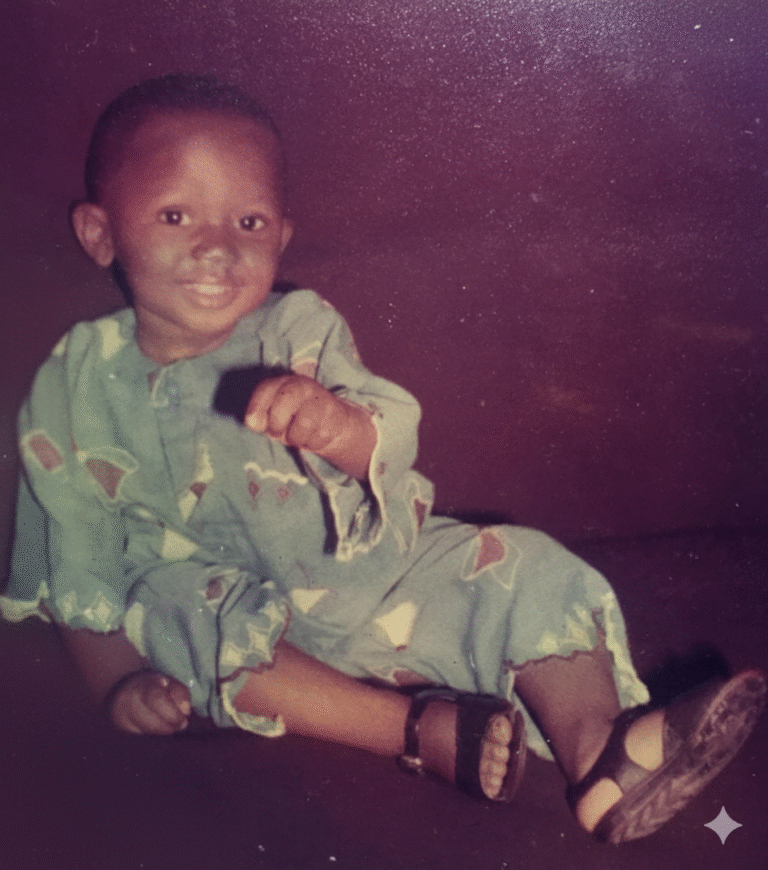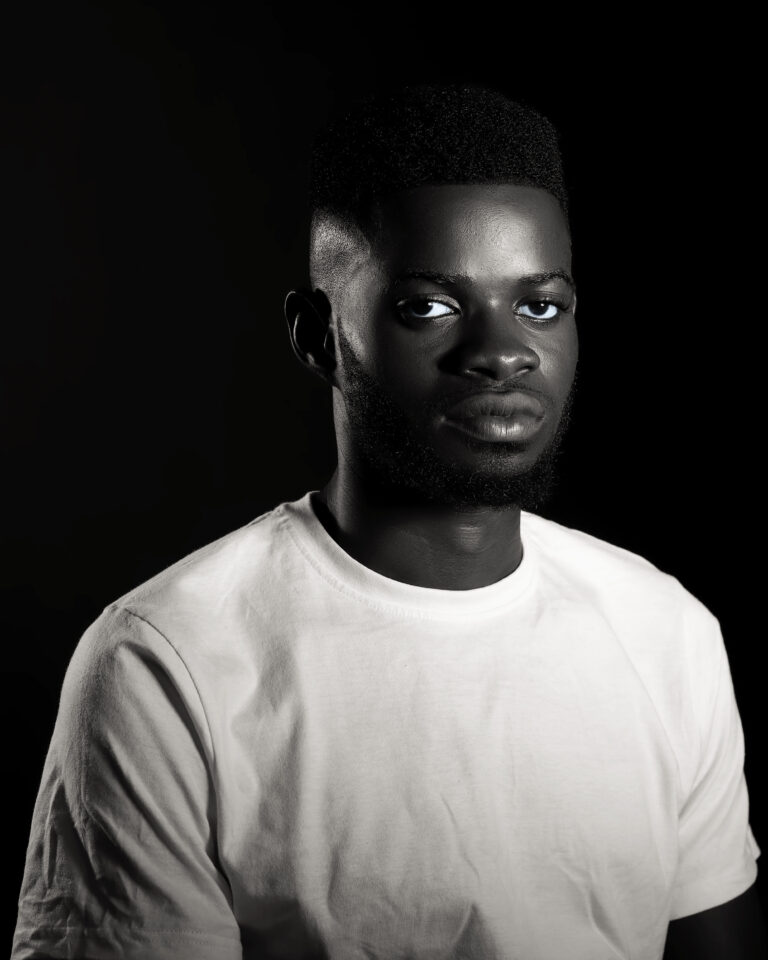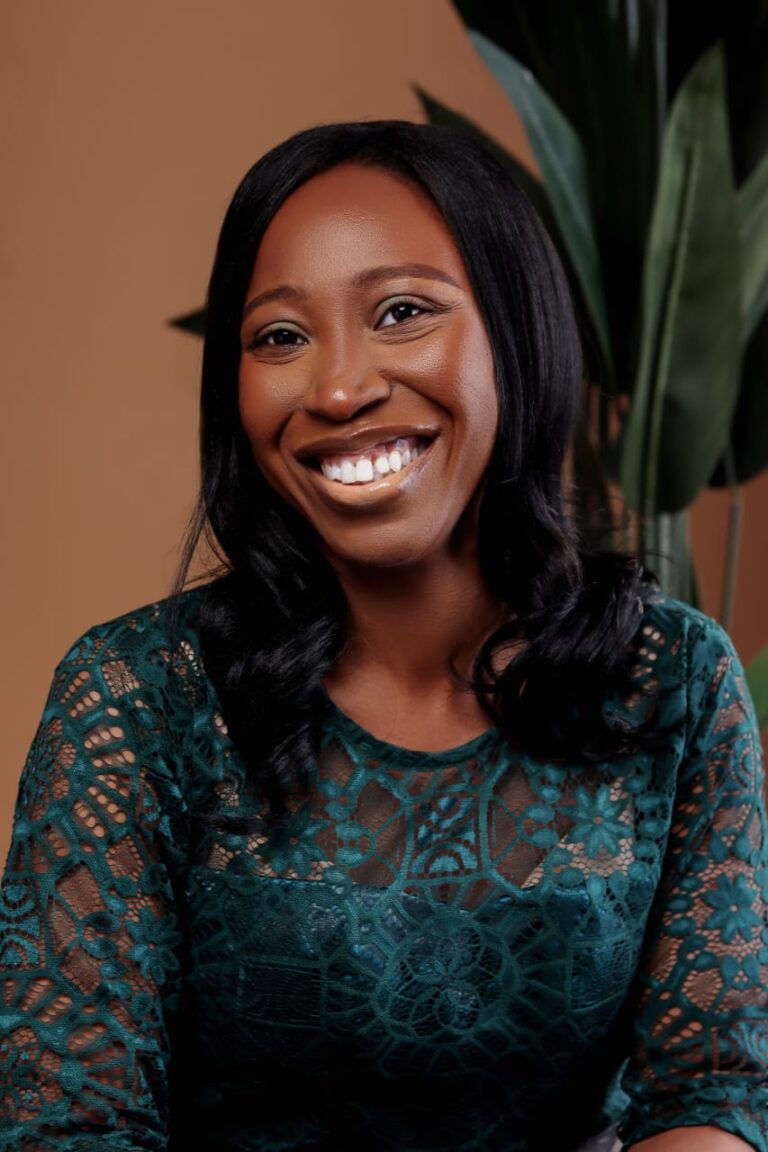“If empowering a lot of women is what I am able to do in my lifetime, I would have lived a happy and satisfying life”.
I just finished an interview on a Television station, and I was smiling from ear to ear.
I said to myself, “this is where I am supposed to be, this is where I belong”, I thought I would outgrow this feeling. I was on the show to talk about this business I had just started, for which I left my job on the radio to start, and being back in a studio brought back the feelings I felt while on the radio.
I miss it, but I am enjoying the thrill of this new experience – what is most exciting for me is that being an entrepreneur in the agricultural sector, I see the need for more women to be empowered, especially in this industry; beginning with the amazing women that work with me and extending it as far as the vision takes me.
My name is Adaora, and this is the story of everything that has brought me here.
Early Years
I grew up in a typical Nigerian home, with typical Nigerian parents, and you were not really allowed to go out much or keep a lot of friends. Having to sneak out to go to my friend’s houses or hang out, was a game I had to learn to play well. And then sometimes I’d get caught, and have to serve the punishment but that didn’t mean I wouldn’t try again. Growing up in Lagos for me was fun, and crazy, it was everything you’d want and more.

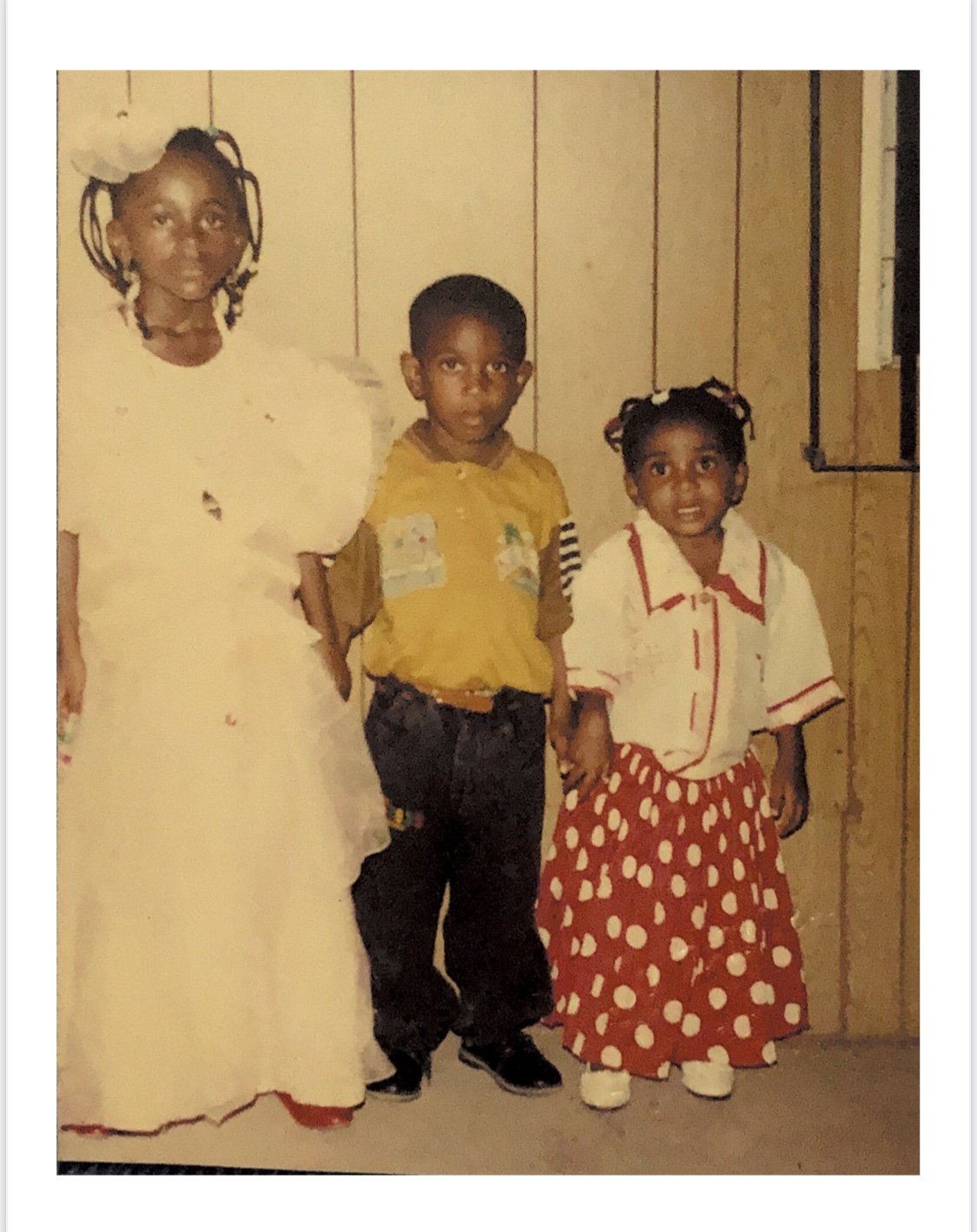
At some point in my life, I had hopes of being a medical doctor. I was privileged to have a synopsis of what it meant to study medicine; I was in a pre-degree program at the Obafemi Awolowo University, Ife.
Then one day, I looked at myself and thought “Ada, are you sure you can actually study Medicine for 7 years?”. I didn’t think so, and my cut-off for entrance into the university wasn’t looking like it was going to be “medically inclined”. I dropped that agenda fast and started thinking “what is the next best thing I can go for?” Randomly, I heard somebody talking about Agricultural Economics who was currently studying the course and after interactions with this person, I am like “why not?”.
The cut-off was okay and it was a five-year course, so I applied. At this point, I had no idea this was going to be relevant in the near future. Initially, I thought it was going to be easy, but I soon realized that no course of study at the University is easy. After getting admission to study Agricultural Economics, I began the journey and was soon going to find myself on the farm.
On the farm
The fourth year of school was the practical year; the industrial training year and so the whole year would be spent on the farm. We had been taught the theories for the last 2-3 years and this was the time to get to actually practice these things. It was more interesting to actually do it than to memorize things like “you have to put your seeds to a depth of so and so centimeters in the ground”.
Doing it made more sense.
I have always had an adventurous spirit, and the year on the farm was an adventure for me; we got to raise birds (chickens), plant things like melon, and moringa, etc. carry out routine checks for pigs, goats, and cattle.
I remember celebrating my birthday that year on the farm and having to cut my cake with a cutlass (laughs). The experience was especially fun as I had time to get to know my colleagues/coursemates, whom previously I hadn’t been interested in bonding with.
The truth is I didn’t like them, especially the guys because they always seemed to be very loud and I didn’t like that. But one year on the farm, and I end up getting to know them, and actually liking them. I also got to drive a tractor on the farm which was exciting for me.
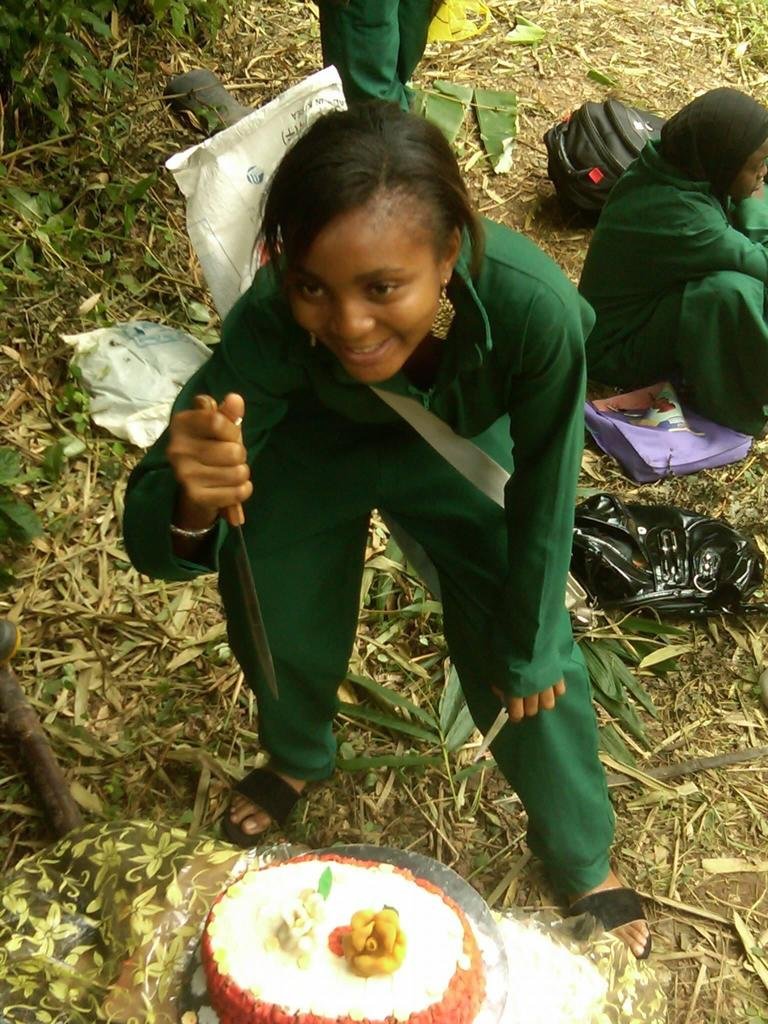
As an Agricultural Economist, you get involved in policy-making for the agricultural sector and plotting agricultural projects. We however did not learn enough to actually function efficiently in this capacity without having a Master’s degree and no, a Master’s degree was not part of the plan. I didn’t have so much to aspire to in this field.
What radio station can I go to?
I knew I really wasn’t passionate about Agricultural Economics and I didn’t even know communication was a passion I had been nurturing unconsciously, I however knew I loved radio. I grew up listening to the radio a lot, and I loved it to the point that I would sleep with my radio on, every night. Cool Fm, Night radio, was where you’d find me.
My very first job towards the end of my graduation happened to be at a radio station. I was passionate and knew I needed to put my passion to work somewhere, I thought to myself “what radio station can I go to?”. So, I walk into this radio station in Ife and I am like “Hello, please I would love to see your manager?” and they are like “from where?”. I then explain that “I just want to tell her I have all these skills and if you have space, you can employ me. I don’t even mind not being paid; I can be a volunteer”. I was told I couldn’t see her. Disappointed, I take my leave and as I get to the gate, they call me back that “the manager would see you”. I walk into her office and introduced myself “my name is Adaora, and I am a graduate of OAU, I am good at communication and I don’t mind taking a job as a presenter here, on your radio station”. She asked “have you done it before?”, I said, “No but I have listened to the radio for almost 10 years, I love radio and I think I can do it”.
There wasn’t any vacancy at the time but she took a chance on me and made me a part of the announcers; signing in and signing out radio programs, every experience counts, she said. I worked there for 9 months as a volunteer, learning and enjoying the process. After graduation, I had to leave the job, and I proceeded to Kano for my youth service. I was open-minded about this experience and wanted to enjoy every bit of it. I participated in march past, parades, camp radio, and played volleyball but I was particularly noticed for having radio experience while in the OBS (Orientation Broadcasting Service).
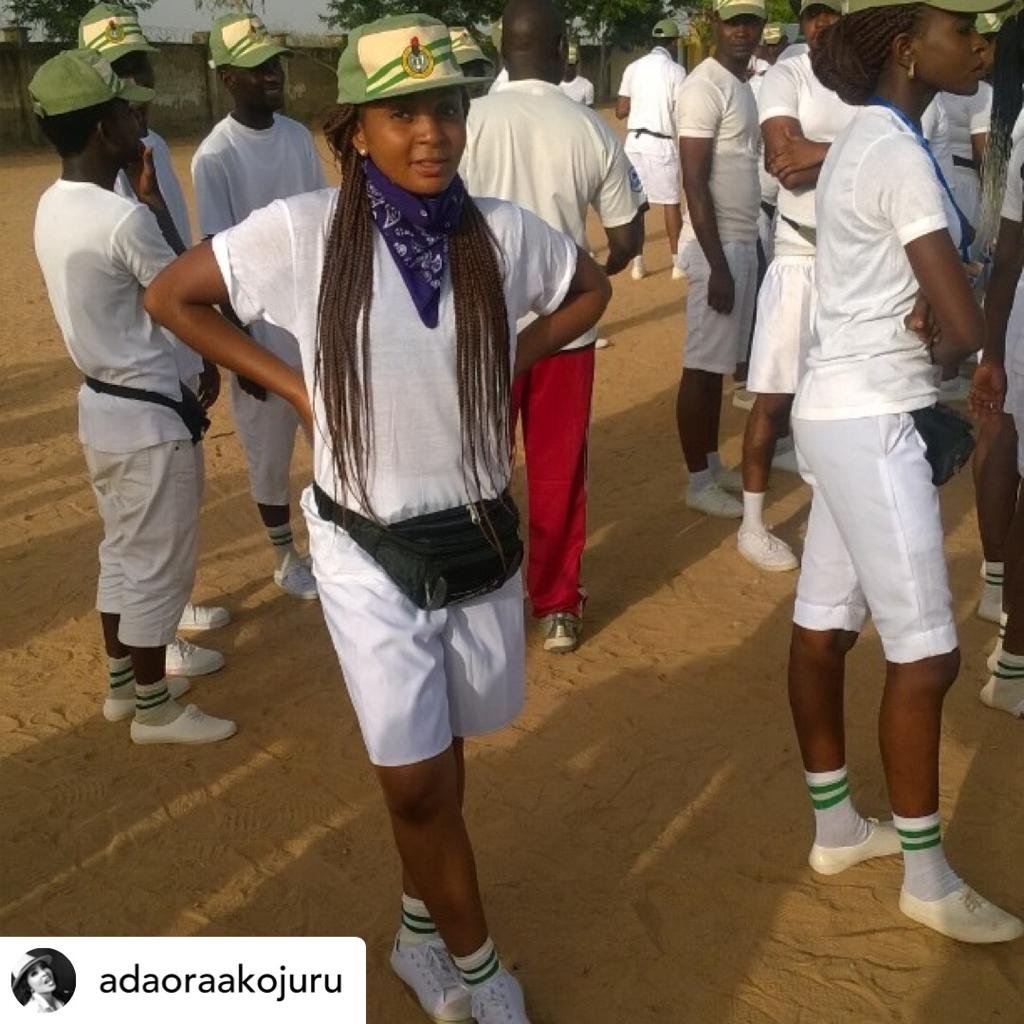
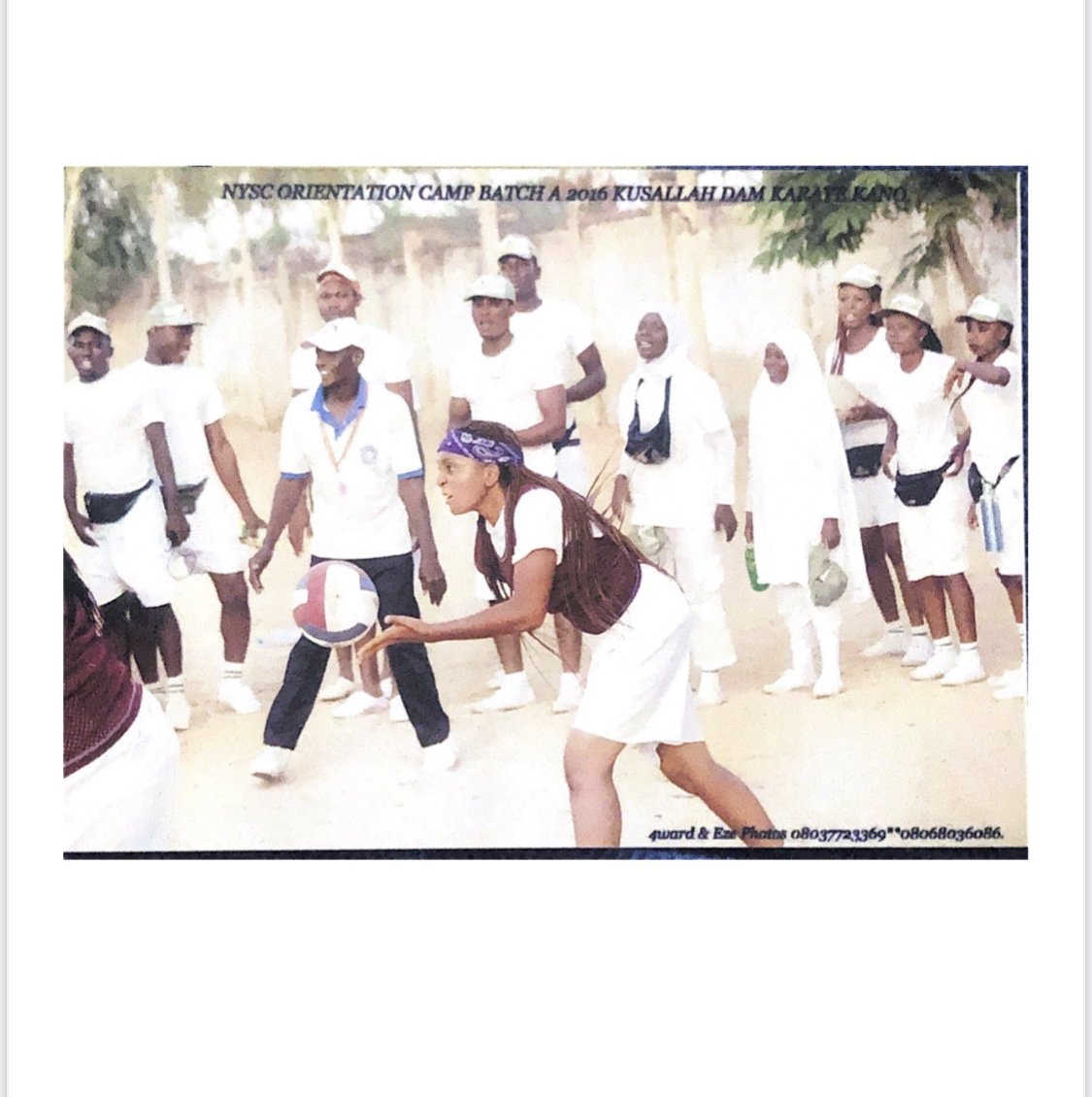
At the end of camp, I get posted to a village in Kano, dawakin tofa. The people who had noticed my radio skills insisted on me not going to the village but here I was, ready to go anywhere. I however wanted to put these skills to use, and I had to seek a reposting from the village to be able to find a radio station to work in.
On air
After an initial reposting to another radio station, I didn’t like, I found my way to Cool Fm. I was auditioned and eventually selected to complete my youth service with them even before I completed my reposting. I had a mind-blowing experience here considering I had always listened to this same radio station prior to this time; I started as a newscaster and learned the ropes of news reporting, editing, and a bit of program anchoring. At the end of the service year, I was already elevated to a news editor and I was told not to leave, and that they would love to offer me employment.
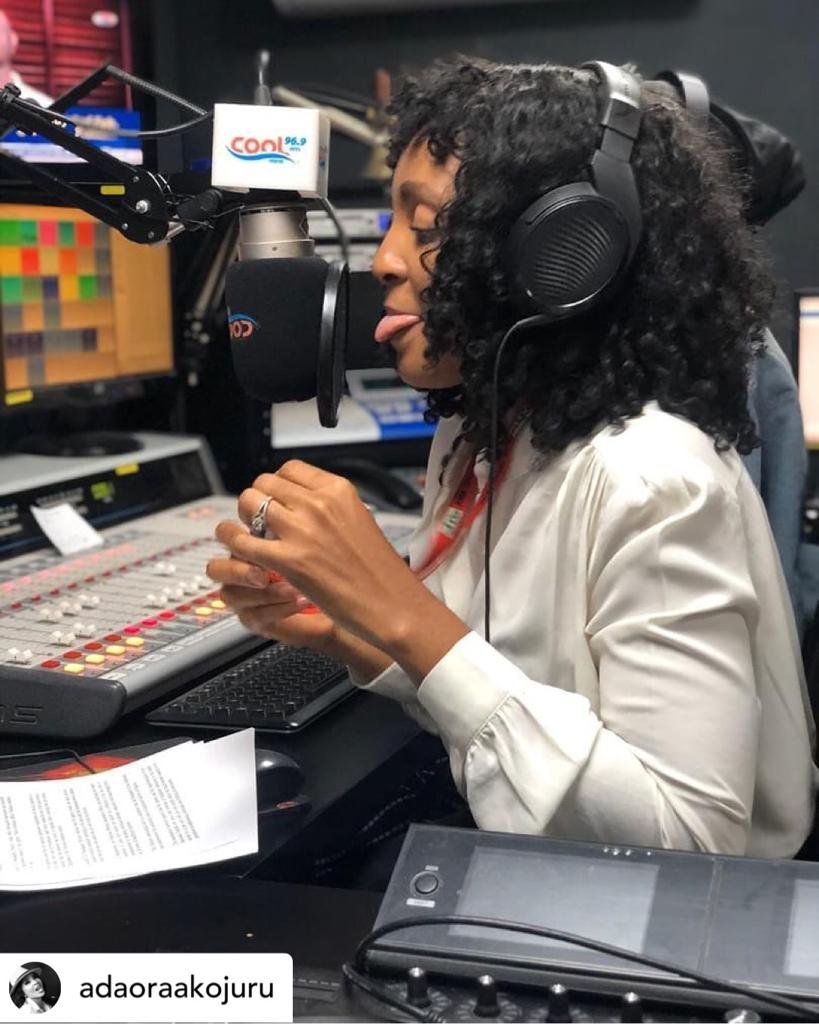
I worked at Cool Fm for 5 years give or take, and I remember thinking to myself one day that I need a side hustle that would give me an extra source of income. I had never sold anything before now in my life, not even a pen.
I never thought I would actually own a business or want to own a business, or even sell anything.
I always thought myself to be a corporate lady that had the brains to push other people’s businesses. I needed a business that could afford me an extra income to buy the things I liked, and that I was comfortable doing. Everybody sells clothes and I hadn’t always been a fan of beauty products. I rarely used make-up, just a simple red lipstick and I move. Those didn’t seem like good options for me, so I thought “what am I comfortable doing?”.
Back to the farm
As a journalist, I moved around and interacted with people, went to different villages, and communities, and talked to people in different sectors of the economy. Then it came to me, I studied Agriculture essentially, and I am in Kano which is an agricultural state, why don’t I key into this Agricultural sector? I explored my networks in the Farmers Association. I needed something I could invest my money in that would give me a steady income and tomato came up because it has a short maturity period, and it is a necessity when it comes to food in Nigeria. I was ready to get into it, and based on the advice from the Farmers association, I joined their association.
At the time, Aliko Dangote had plans to begin his Tomato processing factory, and the plan was that we were going to play the role of middlemen, where we offtake the fresh tomatoes from the farmers and then sell them to Dangote, making a profit. This seemed like the perfect idea for a side hustle, with little or no stress and the potential for a steady income.
The problem was that the Dangote factory wasn’t ready and weeks were counting into months of no supply, and no extra income. Eventually, we made the first supply and received payment but a lot of issues came up. We the middlemen were not let in on what was happening and I thought to myself “I can’t be waiting for Dangote, what can I do?”.
This would birth Beratomato, my tomato processing brand.
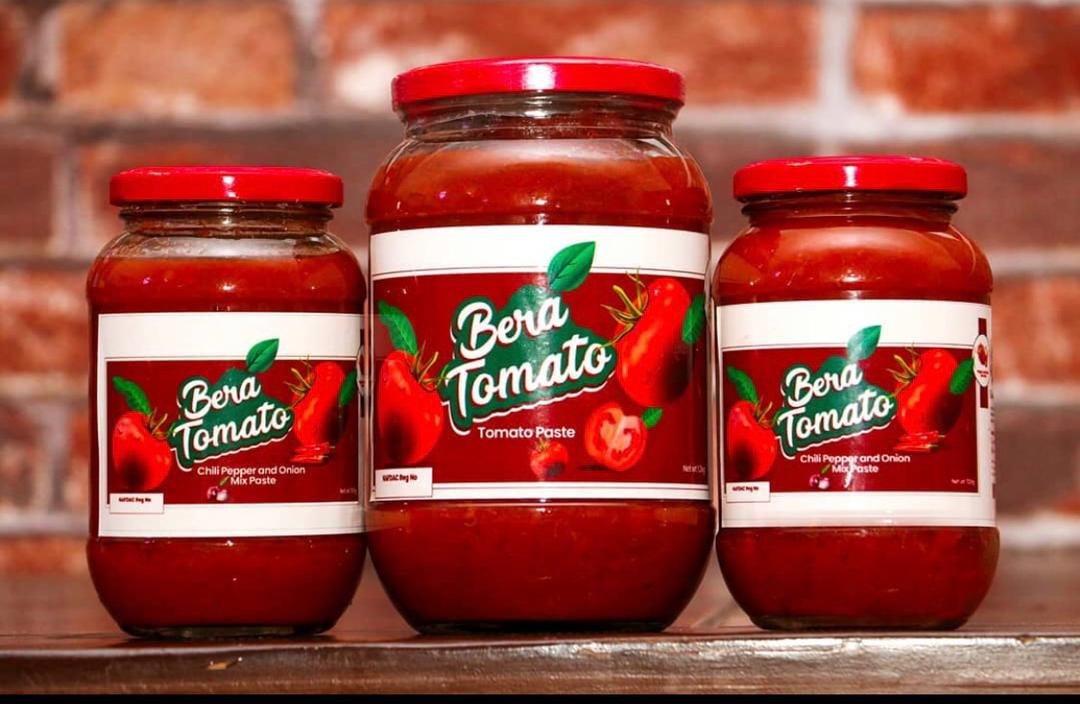
Beratomato
I decided to begin processing my own tomatoes instead, I then went on Instagram to find people who process tomatoes in Nigeria. My initial search did not yield much result but eventually, I stumbled on someone in Kaduna, who processes and sells to supermarkets. I reached out to her and she invited me to Kaduna where I went to understudy her processes and then came back to start my own.
I thought I had this figured out, and immediately began with 60 crates of tomatoes (the plastic crates are an innovation to tomato transportation as opposed to the use of baskets so as to retain much of the tomato’s water content). I had hoped to finish processing the 60 crates in a day or 2, but after spending 9 days on the process, working from 9 am to 9 pm every day, the reality of the business dawned on me.
The stress was so much, and I began to pity the two female staff that I had working with me. They were encouraging during this time because even when I was losing hope in the process, they kept coming every day. I had reduced my purchase from 60 to 40 and then 20 crates as prices were skyrocketing towards the end of the season. After production, we processed about 1000 jars of tomatoes. Unfortunately, 400 of those jars got spoiled.
We wanted to make the product, Beratomato, 100 percent natural, without the use of preservatives, coloring, or starch unlike the other products available in the market, and make it in such a way that you only need to cook for 10 minutes give or take, and your stew is ready.
The losses encountered made me question everything I was doing, and it discouraged me. I thought of going to beg for my old job back at the radio station, but I decided to do more research on the production process and keep going.
There are days it feels like I don’t even know what I am doing, but I know I am doing something.
When I meet people and tell them what I do, they are always intrigued. It’s moments like this that make me know I am doing something right.
Let’s help the women
Despite the struggles, I owe everything to God and the woman who opened her doors to me to share her knowledge.
I am also passionate about empowering other women in this industry. The poverty level in Kano where I reside is something else. I see children on the streets and I feel bad, I relate more because I have a kid. I always imagine “what if it was my boy on the streets?”, the thought of that brings tears to my eyes.
I believe that in empowering women, you help them actually take their children off the streets. Some of them send their children out on the streets because they are unable to feed them, and they would rather beg to feed them.
But if they are able to feed and take care of their children the way mothers should, those kids won’t be on the streets. Let’s help the women take care of themselves and their families. If empowering a lot of women is what I am able to do in my lifetime, I would have lived a happy and satisfying life.
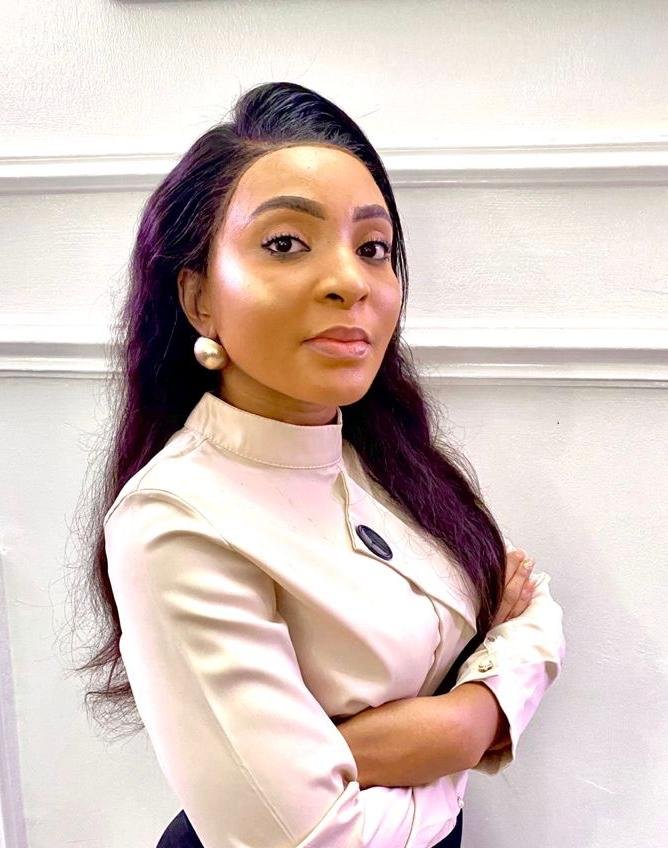
Adaora’s processed tomatoes can be ordered via Instagram and Facebook, just send a dm to @Beratomato.
